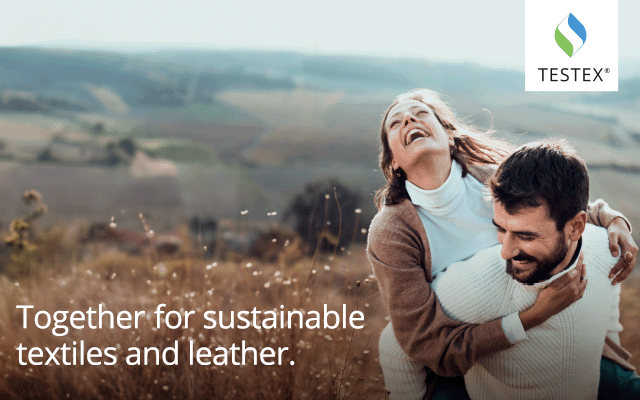Many people in America have joined the organic foods revolution and are spending more and more money to eat food that has a label on it that says organic or that the chickens the eggs came from are free-range chickens. In many different food groups, people are looking for things that are, in one way or another organic, and they are spending a whole lot more on groceries every week in an effort to purchase the largest majority of their food from organic brands and organic shops. If you interview these people, they will tell you that traditional practices for growing and harvesting food for humans is not a sustainable enterprise and it's one that is quickly polluting our Earth as well as our very own bodies. Interestingly enough, a lot of these people who only buy organic beef and organic soy milk are wearing clothing made in processes that are just as unsustainable and just as damaging to the Earth as the practices that they are trying to avoid by buying organic foods.
A lot of people have turned to natural fibers for all of their clothing, but what many people don't know is that cotton, though a natural fiber, is not produced naturally. Most cotton is grown on farms where a very large amount of pesticide is used in order to keep the crops productive, i.e. in order to protect the plants from being destroyed by pests. While this is the case for most cotton (cotton that is not organic), it is not the case for many other naturally occurring fibers. One good example is flax clothing, sometimes called linen. Linen is made from harvesting fibers from the flax plant. Traditionally, such clothing was called linen, but more and more often it is being called flax clothing to eliminate some of the ambiguity about where the fibers come from. Since flax clothing is made from the flax plant, it is much easier to identify the source and the resulting fabric coinciding.
Flax clothing is worn by a small percentage of people who are concerned about the environment and about sustainable living. Like organic food, flax clothing is much more expensive than traditional 100% cotton clothing. The reasons for this are many, but most importantly, organic foods and truly organic fibers, such as those in flax clothing, are not mass-produced the way that traditional cotton and traditional beef and milk are produced. Organics do not depend on pesticides to do all the work in growing the product. As a result, the farmers growing them have more work of their own to do.
Despite the higher cost, flax clothing is a responsible choice for healthy, sustainable living. Consumers find it to be exceedingly comfortable and exceedingly easy to care for. It's also durable, and only gets softer as it is worn over and over again, so it's clothing that you can enjoy for years to come. Like everything else in the organic world, it's about making a product to last instead of to be disposable; it's about buying six expensive flax shirts instead of 30 cheap cotton ones. In the end, it costs the same, but the organic choice is not only good for you, it's also good for the Earth.
About the Author:
Dustin Cannon is owner of JustArticlesVIP.com and writes on a variety of subjects. To learn more about this topic Dustin recommends you visit: Flax Clothing
To read more articles on Textile, Fashion, Apparel, Technology, Retail and General please visit https://articles.fibre2fashion.com



20240507093455.png)





Comments